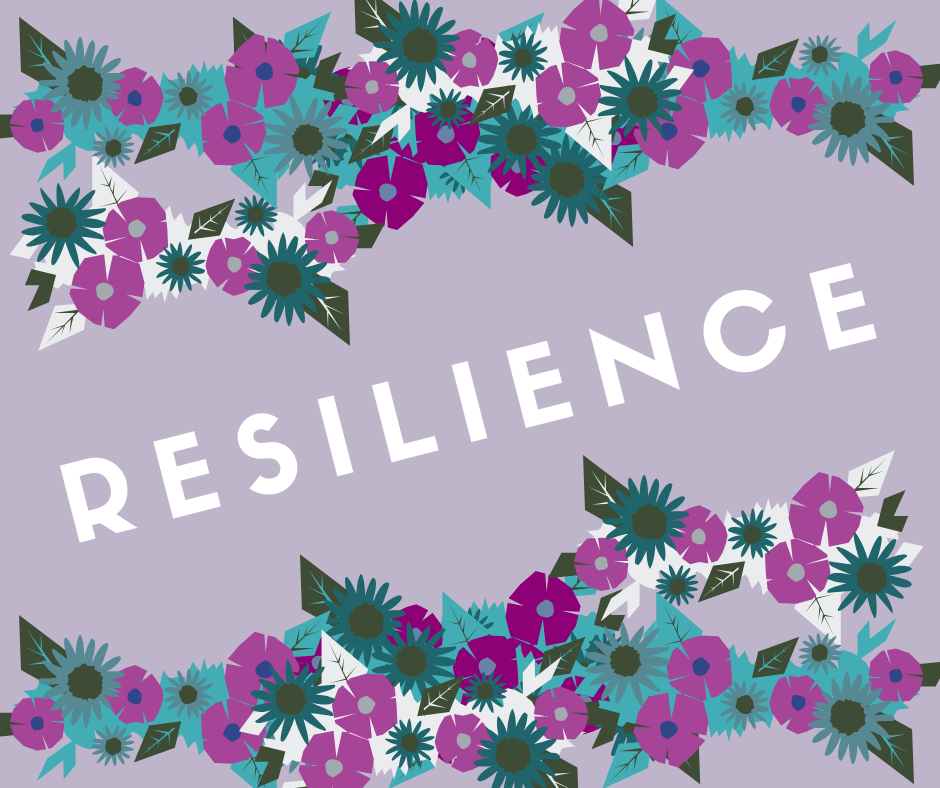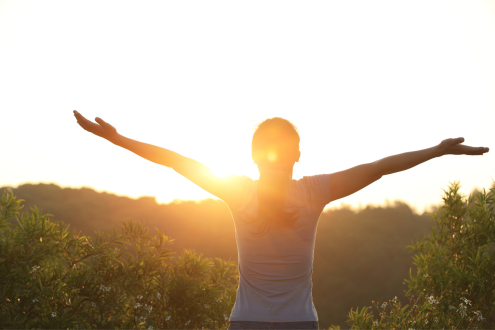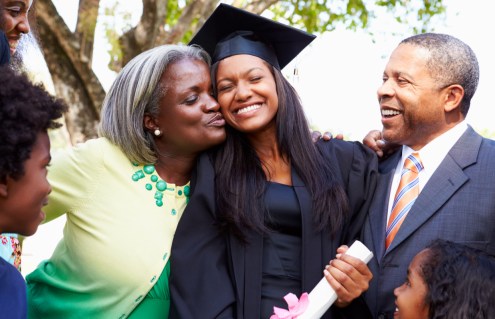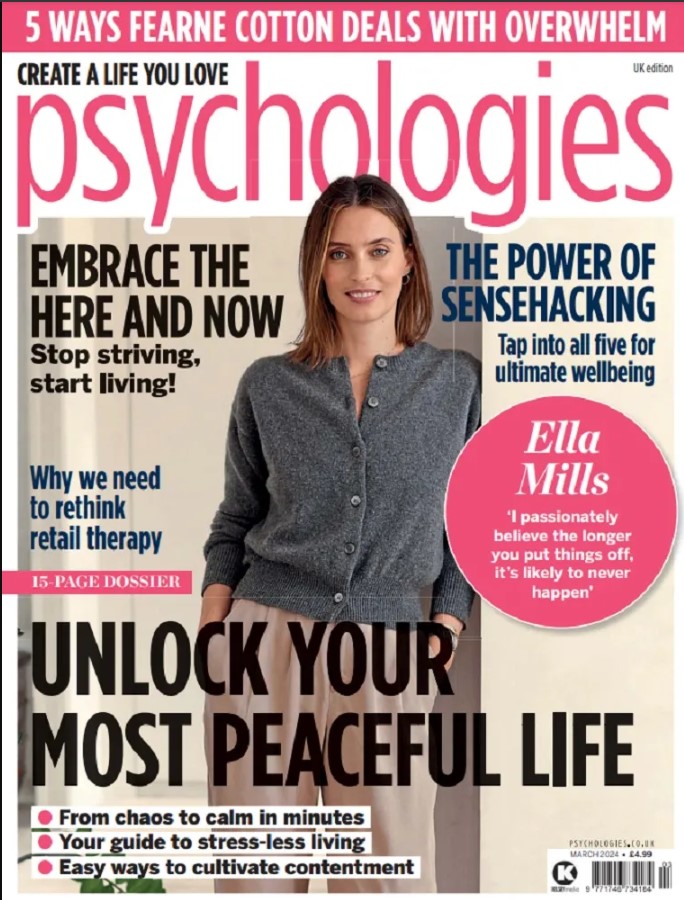Resilience

How are you all feeling, folks? I think a lot of people are feeling settled one minute, then very sad or angry the next. But we need to keep reminding ourselves this represents a massive change to our way of living, so it’s no wonder that it can feel difficult to adapt to this ‘New Normal’.
To assist with this, I wanted to share 3 tips for keeping your resilience high during this time.
Recognise what your true resilience looks like. It may be different for different people. If we think of resilience as maintaining our mental health and wellbeing as well as continuing essential tasks, it makes sense that it looks different. My version of essential tasks could be very different to your and the way Bob from Accounts maintains his wellbeing may be different to Jackie who is a Nurse. What I’m really saying is, stop comparing yourself, your wellbeing and your job to others. Even people in similar jobs are in completely different situations with different households and different demands. Letting go of that comparison will increase your wellbeing. One of the top ways of helping you let go of comparing is by the simple act of gratitude. You can write down what you are grateful for or just really feel that gratitude whilst waiting for the kettle to boil. The key is that you feel it. Gratitude is an emotion, not a tick box exercise. The more specific you can be in what you feel grateful for – e.g. rather than I’m grateful for having a wonderful daughter, I’m grateful for the way that my wonderful daughter makes me smile – the better.
Accept that resilience involves adaptions. Sometimes we have a view of resilience that is just keeping on and on and on without dropping anything. This isn’t resilience, that’s endurance, which can lead to burnout. Resilient people make adaptions on the basis of what they really need to keep doing. (Sign up for the bright rebel newsletter to get your free resilience rescue kit where you can work out what you can drop ahead of time). The key here is really about knowing the difference between what you have to do and what you can comfortably drop. This means prioritisation of tasks and honest conversations with people that may want you to continue doing things. The clearer you are in your mind about what you reasonably can and can’t do at the moment, the easier it is to have difficult conversations with your line manager, partner, kids, neighbours, Tennis committee. Yes, this does mean you are putting yourself first. No, this does NOT mean you are being selfish. Your adaptions don’t always have to be about dropping things. They can be about adding actions, such as a daily 10 minutes to yourself somewhere quiet and calm, exercise or meditation. They could be adding take-away to your weekly menu when you usually cook from scratch or paying more for a fruit and veg box to be delivered. Remember, this is about keeping you functional, well and healthy. It doesn’t matter what it looks like to do that.
Be socially connected. I’ve said this before recently on social media, so please forgive the repetition, but my heart feels so full when I see people sharing games, videos and quizzes online, when I see all of the bears in neighbourhood windows. The world feels both so big and full of problems, but then these actions make it seem so small and easy to navigate just by reaching out and being kind. Social connections are actually one of the best predictors of people being resilient, and how fortunate are we to live at a time where technology enables us to be virtually hang out even when we can’t do that in person. Last night (in Australia time), I had a group messenger chat with my family back in the UK. The two youngest members of the family joined in to play some games, dipped out and went to do other stuff as they got bored of the chat, the adults carried on chatting, which included a great exchange of ideas of how various offices are keeping their staff connected. (One of my sister’s office is playing a game of ‘who lives in a house like this’ and I could not love that idea anymore! It combines my love of setting up a cosy, comfortable home with my nosiness. J) Even though I’ve lived in Australia for 10 months, we’d never thought to do a group chat until March. This lockdown situation is ironically making it easier for us to reach out more. I think I’ve had video chats with more friends since lockdown than I had in all of the other months we’ve been here, so this is making me feel more connected. But your connection is all about what you enjoy. If you hate video calling, but prefer the phone, do that! Your connection could be more about emails, postcards, book exchanges. There is no right or wrong way to be connected.
(And if you’d like to be connected through a craft project, my Facebook Group Extra Support are doing a project that is a Hug from Afar where we are exchanging 10cm x 10cm patches to each create our own project. Please come and join the group if you are interested!)
Resilience looks different to each of us. There are actual decisions that you need to make about your resilience. But that doesn’t necessarily make it difficult. It just means that you have to be conscious about what you are choosing to do and what you keep, drop or add to your new normal.
Want to learn more about resilience? Sign up to this week’s live webinar on 18 April at 11am UK time or 8pm Canberra time. If you sign up, but can’t make the live webinar, you’ll be sent the recording afterwards. If there is a question you’d like me to answer, but you can’t make it, just email me at admin@brightrebel.co.uk and I’ll make sure it’s included.
If you’re more of a reader than a webinar attender, you can get my book on Resilience at Amazon.
Feel free to let me know in the comments if there is anything you’d like me to address specifically at the moment and I’ll cover it for you.
Stay safe, be well,
Angharad
Angharad Boyson
Founder and Head Coach
I am a coach who specialises in helping people live fearlessly with passion, purpose and balance. After 17 years in the Royal Air Force, I was ready for a change. But I wasn't really sure what that change was. Qualifying as a coach has taught me a lot about how my self-worth isn't tied up in my occupational identity, that living passionately and with purpose doesn't have to mean working every single hour and that I can feel fulfilled, happy and whole without working 60+ hours a week. It's not an exaggeration to say that my life is very different these days! I work with clients to: Establish your goals and understand what changes you would like to make. Identify why these changes are important to you. Create an action plan to make positive and unambiguous change at mindset, cognitive and behavioural levels. Predict obstacles and how to overcome them. Increase your self-awareness so that you naturally begin to coach yourself. I’m an Associate Certified Coach with the International Coaching Federation, hold a Masters in Occupational Psychology, trained with Barefoot Coaching, enjoy triathlon training, vanilla lattes and movie time with my 6 year old daughter and my husband. I am currently based in Canberra, Australia (so do come and follow bright rebel coaching on IG if you'd like to see some photos of the gorgeous scenery here)! I do face-to-face coaching as well as audio-visual coaching and a limited number of workshops and webinars on holistic topics such as wellbeing, resilience and goal-setting.



